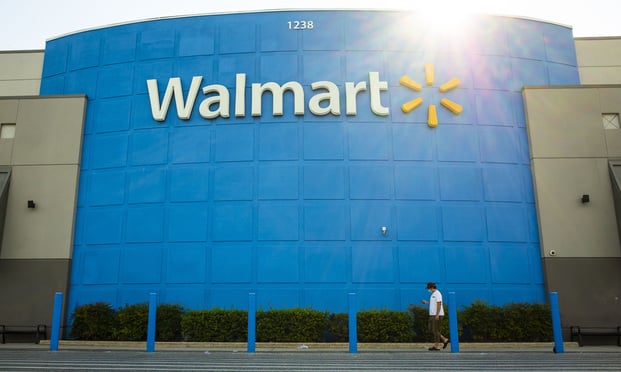 The newblock grants could tee up an election-year battle in whichopponents argue that it's President Donald Trump's latest salvo ina long-running effort to unravel the health care safety net.(Photo: Shutterstock)
The newblock grants could tee up an election-year battle in whichopponents argue that it's President Donald Trump's latest salvo ina long-running effort to unravel the health care safety net.(Photo: Shutterstock)
The Trump administration unveiled a plan Thursday that would dramatically revamp Medicaid by allowing states to opt outof part of the current federal funding program and instead seek afixed payment each year in exchange for gaining unprecedentedflexibility over the program.
Medicaid, a federal-state health program that covers 1 in 5Americans, has been an open-ended entitlement since its beginningin 1965. That means the amount of money provided by the federalgovernment grows with a rise in enrollment and health costs.
Continue Reading for Free
Register and gain access to:
- Breaking benefits news and analysis, on-site and via our newsletters and custom alerts
- Educational webcasts, white papers, and ebooks from industry thought leaders
- Critical converage of the property casualty insurance and financial advisory markets on our other ALM sites, PropertyCasualty360 and ThinkAdvisor
Already have an account? Sign In Now
© 2024 ALM Global, LLC, All Rights Reserved. Request academic re-use from www.copyright.com. All other uses, submit a request to [email protected]. For more information visit Asset & Logo Licensing.








